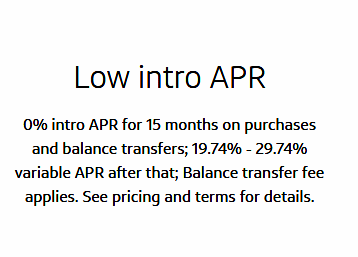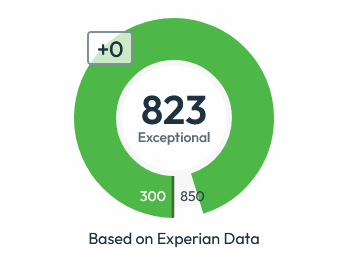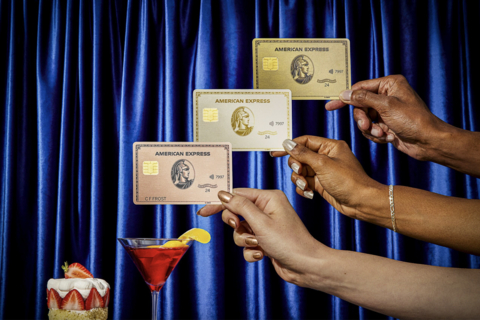1. AAA Daily Advantage Visa – 5% cash back on […]
Best 0% APR Credit Cards (on New Purchases)
You’ll pay no interest for as long as 15 months. […]
Instant Approval Credit Cards – Apply, Get Approved, Use Today
A long list of credit cards you can use immediately. […]
Best Balance Transfer Credit Cards
Transfer balances and pay no interest for a looooong time! […]
Best Credit Card Bonus Offers
Credit card issuers are often VERY generous with bonus offers […]
Best Bank Account Bonus Offers – Checking / Savings Promotions
The best bank account bonus offers right now. Be sure […]
How to Check Your Credit Score for Free, Without a Credit Card
These sources will provide you a credit score without payment. […]
What is a good credit score? (What credit score ranges REALLY mean)
Straight talk on how lenders think about your credit score. […]
American Express “Refreshes” Gold Card, with New Credits and Increased Annual Fee
Changes also include a limited-edition white gold Amex credit card. […]










